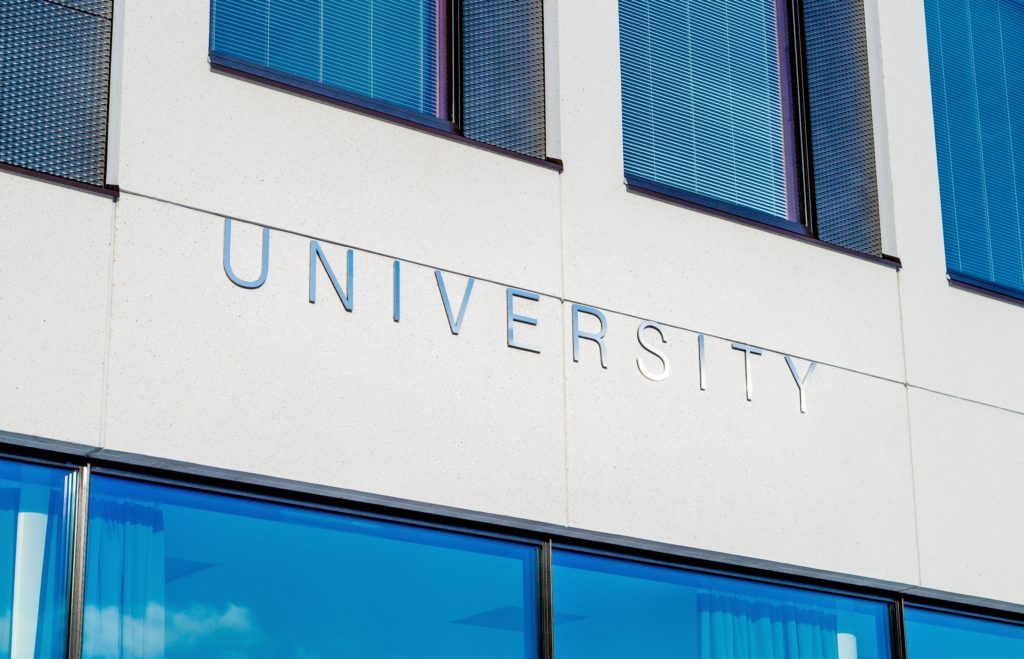
Going to a college is one the biggest decisions anyone can make in their lives, especially as a young person. College can open so many doors into careers that we couldn’t get otherwise, even if it takes time. If your teen is having trouble finding their way into the major program, but absolutely don’t want to miss out on the university experience, help them consider some of the options below as secure routes that will keep them interested.
Take a Physics Course
If a young person is academically minded and likes the thought of maths or statistics, considering a career in the sciences is probably the best route for them. STEM courses are extremely popular and always looking to take on new applicants, but looking a little further afield to topics on developing new technologies and studying the universe will always have something more to give. It’s also a slightly underdeveloped field in comparison, and you know you’ll be among the cleverest people in the room.
A lot of people are turned away from the sciences at a young age due to their difficulty and the concept of being challenged isn’t considered right for some, particularly affecting young woman. Learn about the natural world around you and how it works in the most in depth way possible? It’s a win win notion when it comes to a physics course as whilst it can be challenging, it’ll set you up for life.
Jobs that take physics degrees and expertise are some of those lucky ones that don’t get hit by the recession. The world is always going to need scientists and engineers to fix its problems, so you’re guaranteed a position that’ll keep on paying. Physics is also incredibly important in medical.
Take a Philosophy Course
Philosophy isn’t just for old fogies, outdated ideas, and cigar smokers. Philosophy contains some of the most interesting concepts known to man. The research opportunities alone are endless, and having a PhD in philosophy looks incredible on a resume. You’ll come across as a thinker and problem solver due to the general belief of philosophy alone: that you can take complex issues and solve them in simple ways.
Philosophy is a science into thinking, and if you’re the type of person to get lost in thought a lot, you might as well get paid to do it. You can also learn to spot common mistakes con men make in their sales, and have a better basis on telling when people are lying. It can also answer your religious questions and help you find faith or put the whole thing aside entirely.
Philosophy is also a gateway into politics. It allows you to better understand party stances and what a leftist or rightist leaning means. You can even prepare yourself against the common mind tricks used on the voting population by governments since time immemorial!
Take a Law Course
Out of the other options on this list, taking a law course can come in the biggest of forms due to its sheer versatility. For those of you with a social conscience, it will be one of the best decisions you could make if you love the idea of justice and bringing it into people’s hands.
Additionally, if you’re interested in criminal law, and want to be able to take a practical field approach to it, looking at posts such as What Is Required to Earn a Bachelor of Criminal Justice? can help you find the course you need. Similarly, they give you a comprehensive list of what you need to do to be considered for such a degree.
People who have a criminal justice degree, or even higher, can really reach for the stars with their education. It will help them better with learning real world skills, such as communication in both oral and written form, and how to keep healthy relationships. You’ll also learn temperance more than you would in any other course, so it’s a good suit for restless people with a thirst for knowledge!
Take A Latin Course
Learning Latin can be considered a bit of a wildcard, and it may seem like it won’t do you any good, but is always a talking point whether it’s a casual conversation or a job interview. Similarly, Latin may be thought of as a dead language by some, but learning it is very much possible. Furthermore, if you know how to read Latin, you have a surefire path to walk into the Ancient History and Classics world. A history degree is one of the most interesting and enriched study areas you can choose, and learning about ancient civilizations can teach you a lot about our own roots and society.
A lot of the most common languages in the world have their roots in Latin, so learning more about its functioning and where it came from is the next step in phonics and working on your own language. It cuts your work in half when trying to learn new languages as you’ll already know where to start with pronunciation and meaning. Plus it’s very intelligent to know how to read ancient inscriptions or tombstones when you find yourself abroad on research trips or indulgent holidays. Yes, those will still be possible with a Latin degree!
Latin also goes hand in hand with the sciences, as their terms come from Latin roots. Because of this it can be a gateway into medical degrees or further learning in medical school. By understanding the fundamentals you place yourself in the best position to succeeding in the health sector.
Sampling these courses can help you determine areas of interest and might lead you on a different career path than you had originally imagined.

 If you are thinking about choosing your next college courses, you will need to make sure that you are not making a mistake that will cost you time and money. While online education is generally cheaper and more flexible than campus-based programs, you will have to be diligent and check out the accreditation level and quality of the degree before you sign up and part with your money. Below you will find a few tips on how to find the right course for your career goals.
If you are thinking about choosing your next college courses, you will need to make sure that you are not making a mistake that will cost you time and money. While online education is generally cheaper and more flexible than campus-based programs, you will have to be diligent and check out the accreditation level and quality of the degree before you sign up and part with your money. Below you will find a few tips on how to find the right course for your career goals. 
